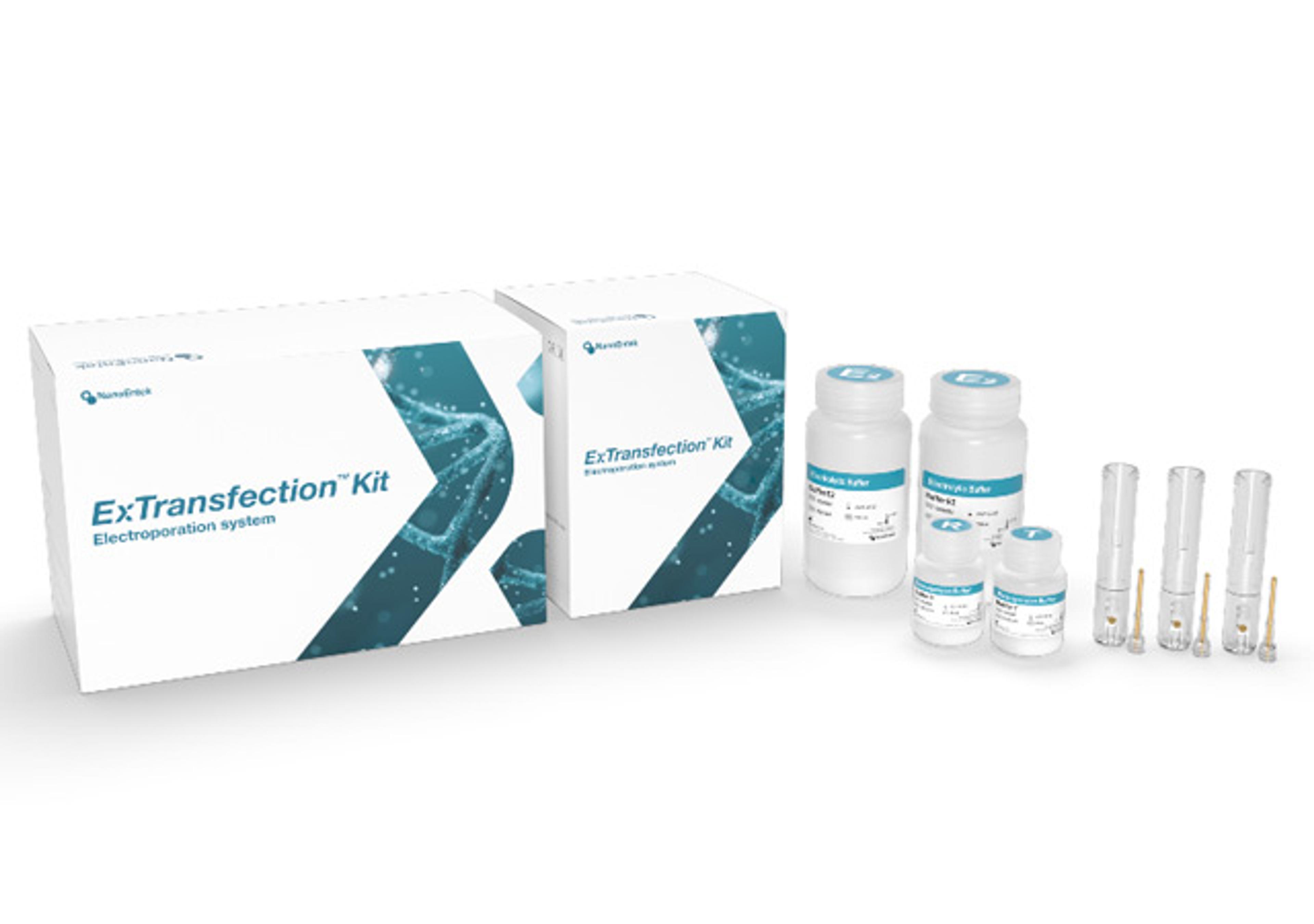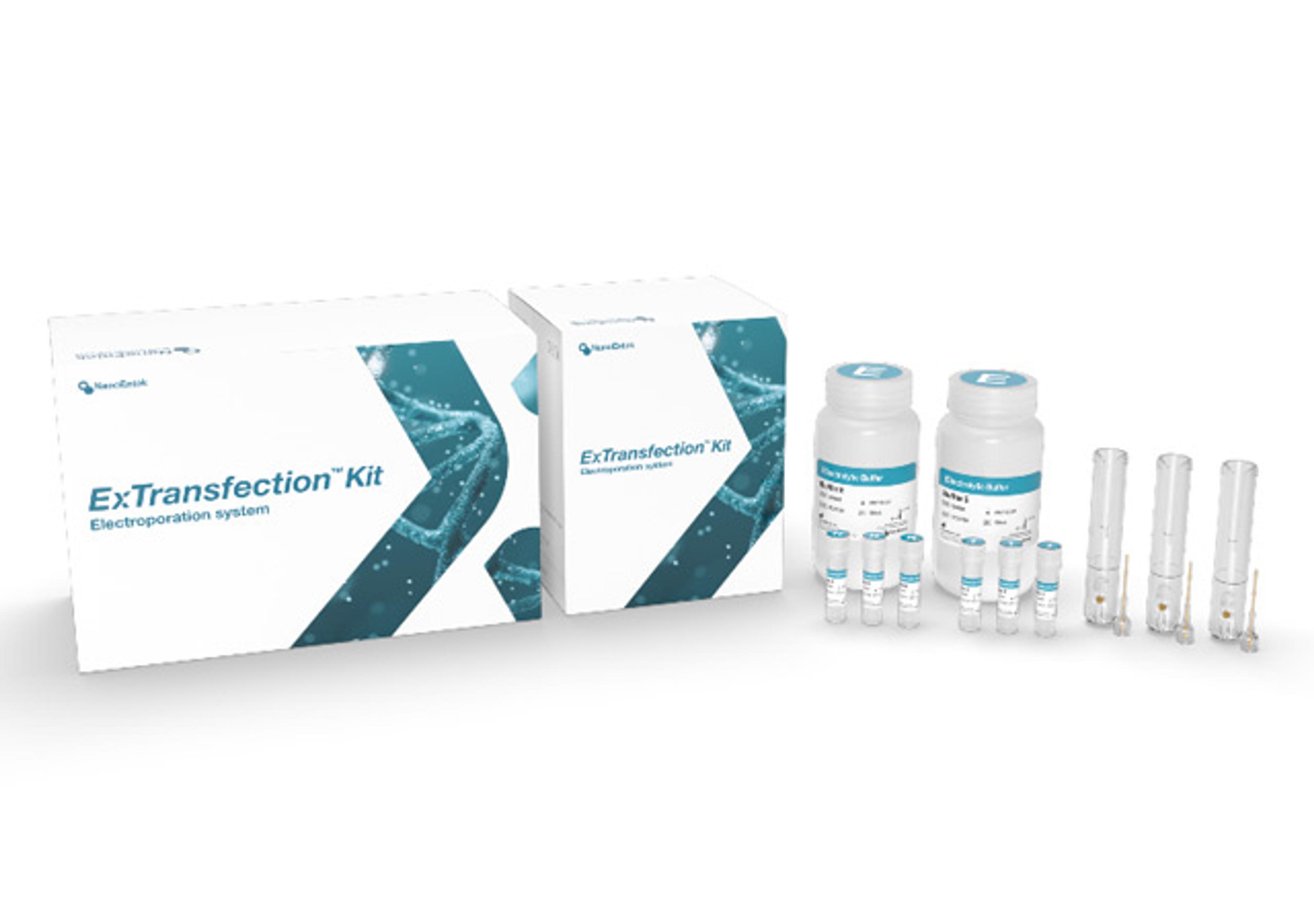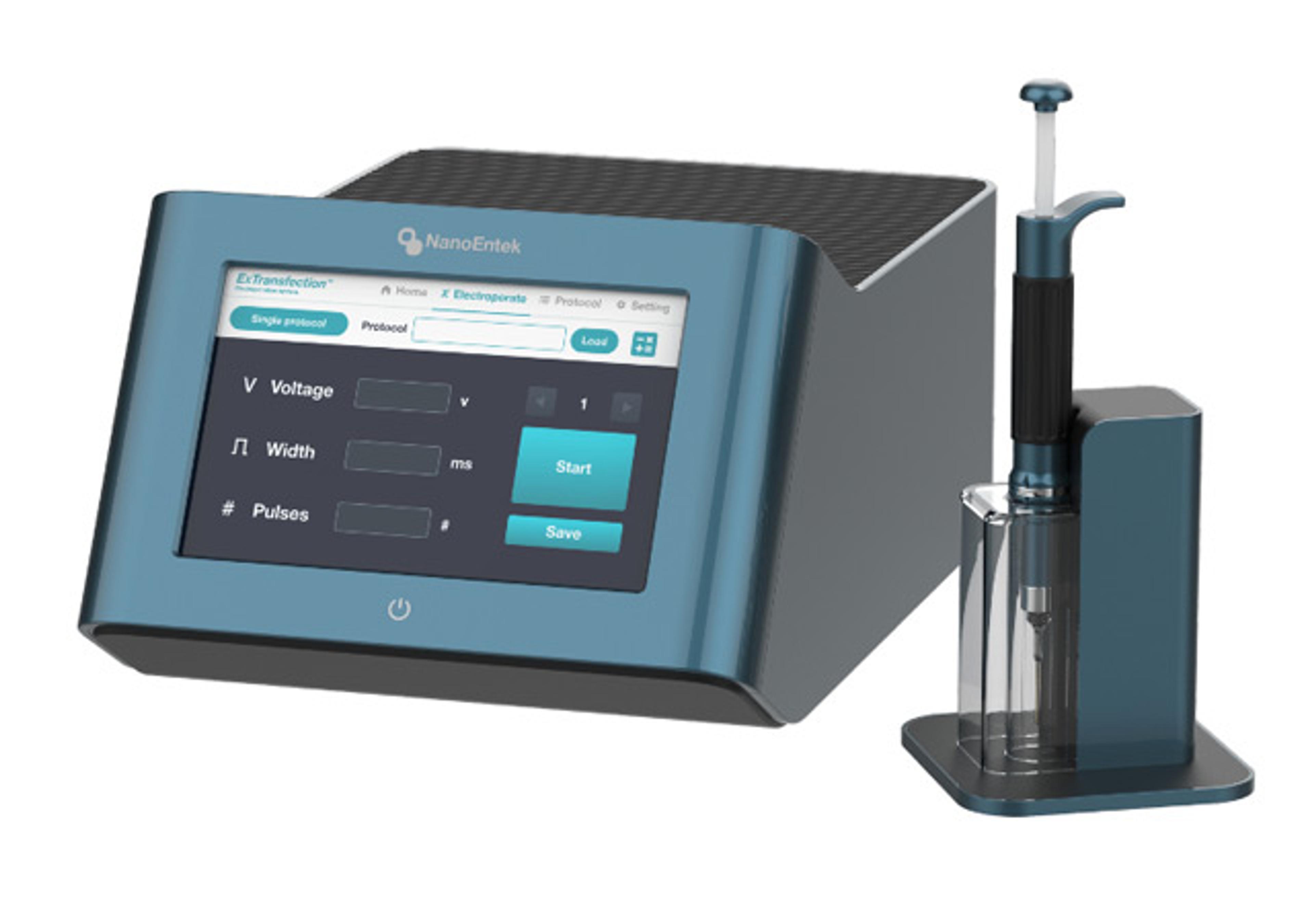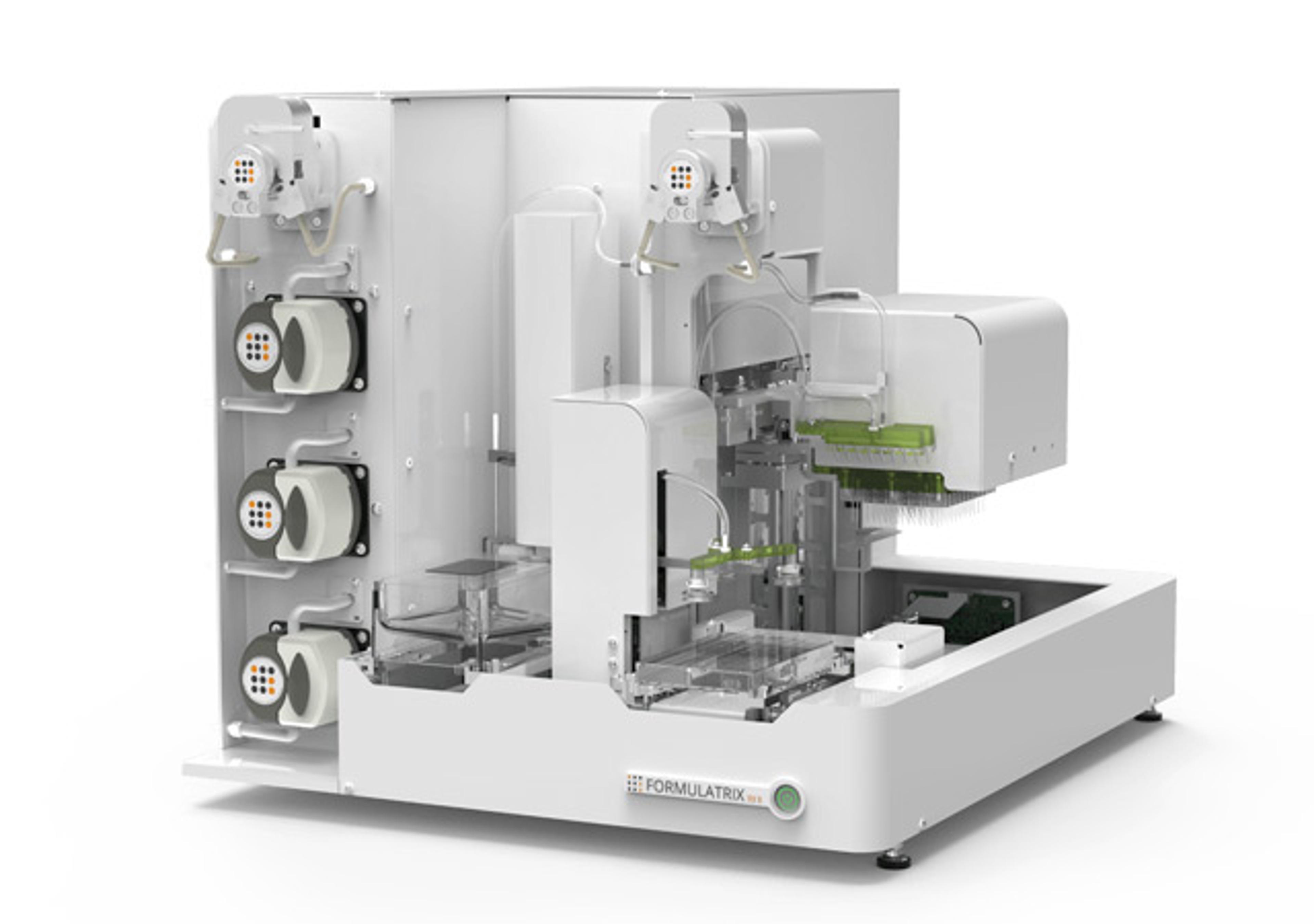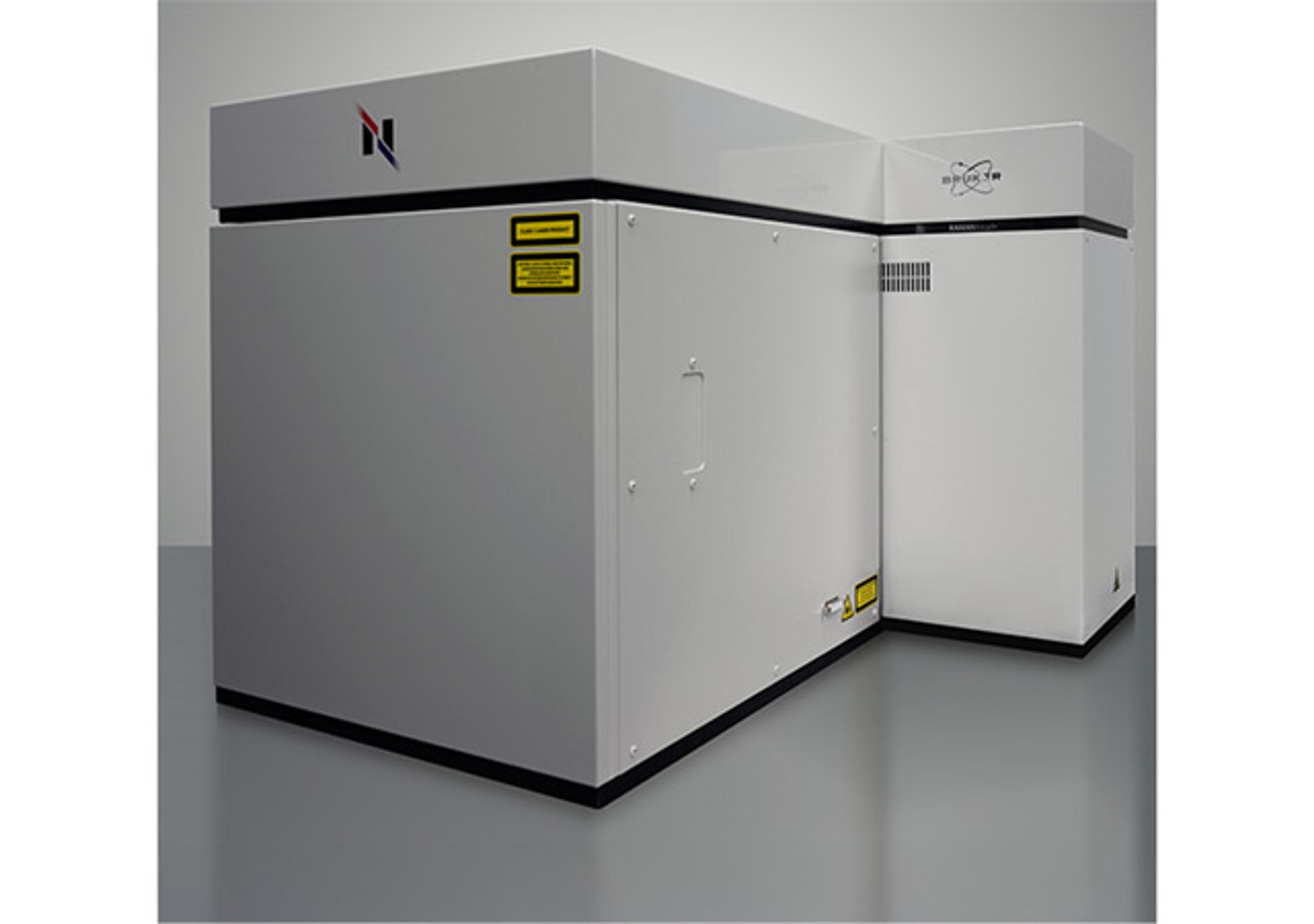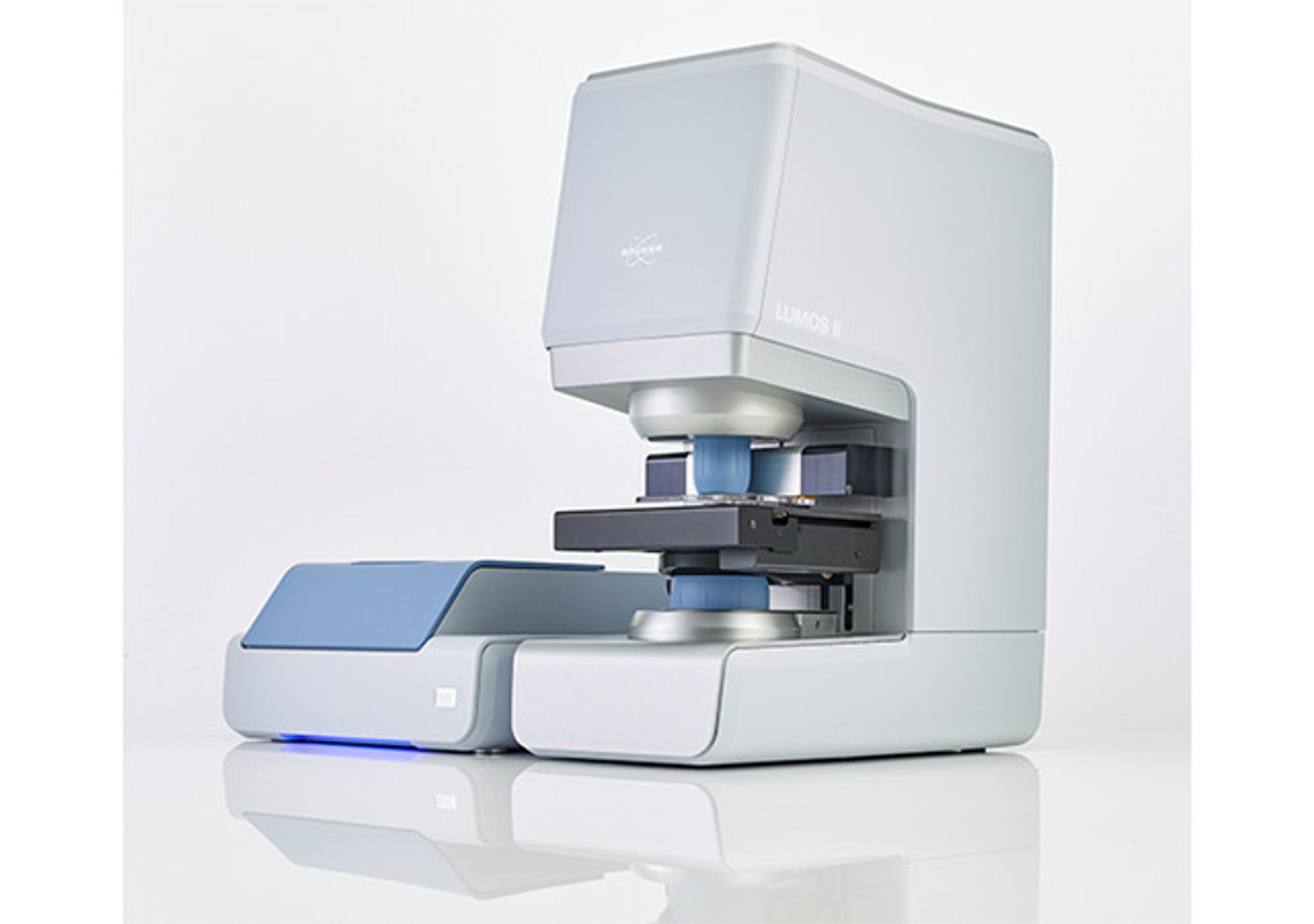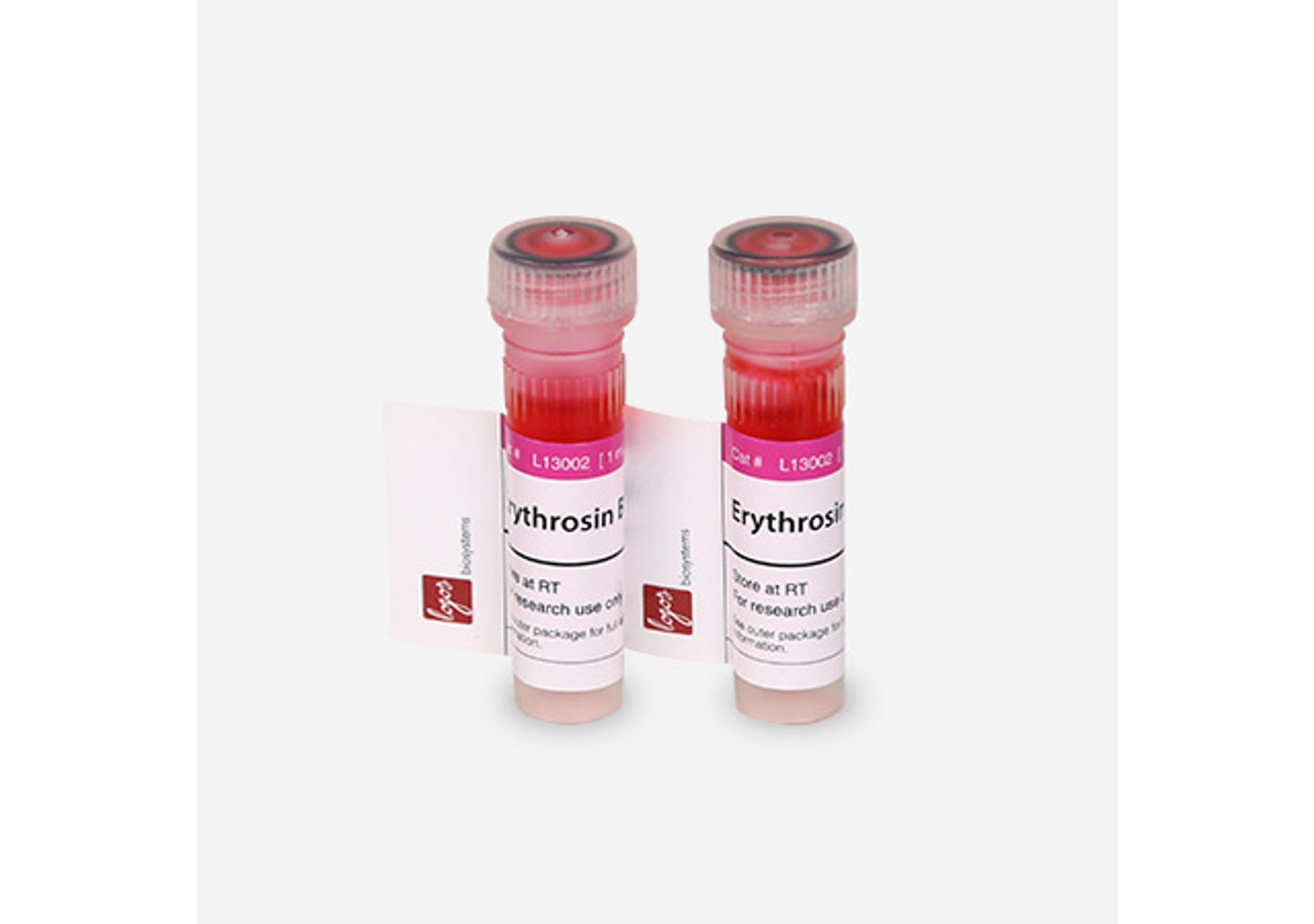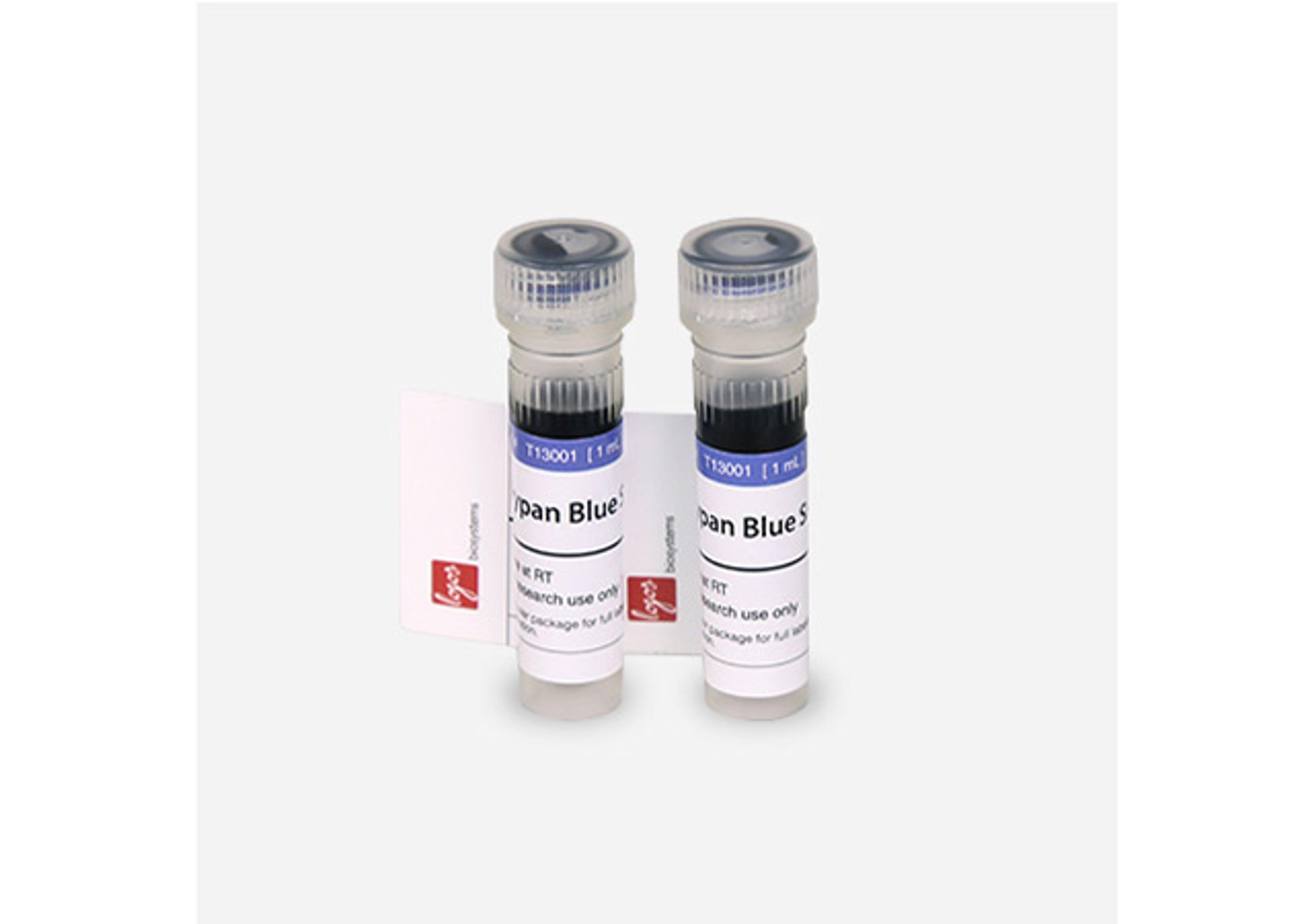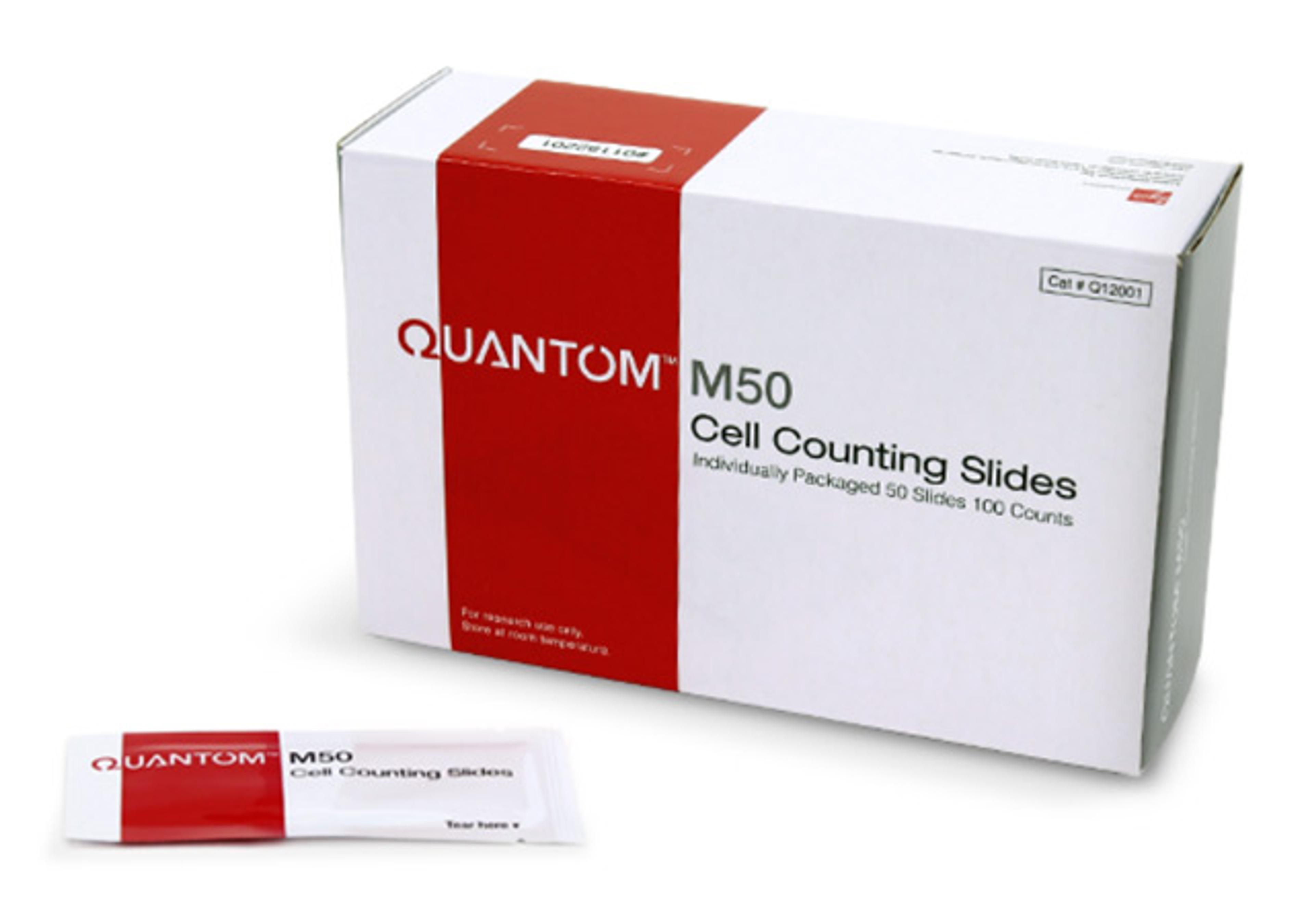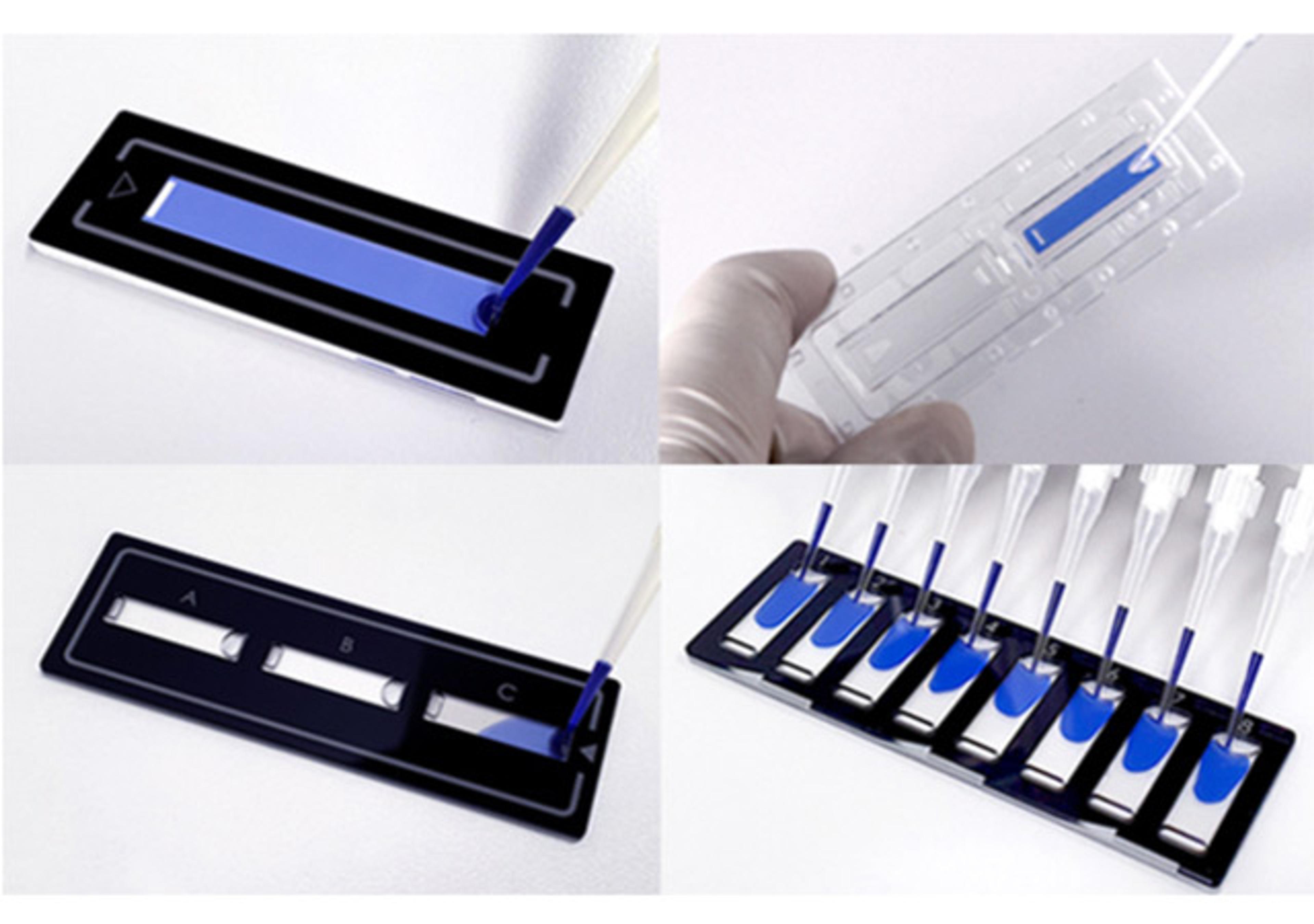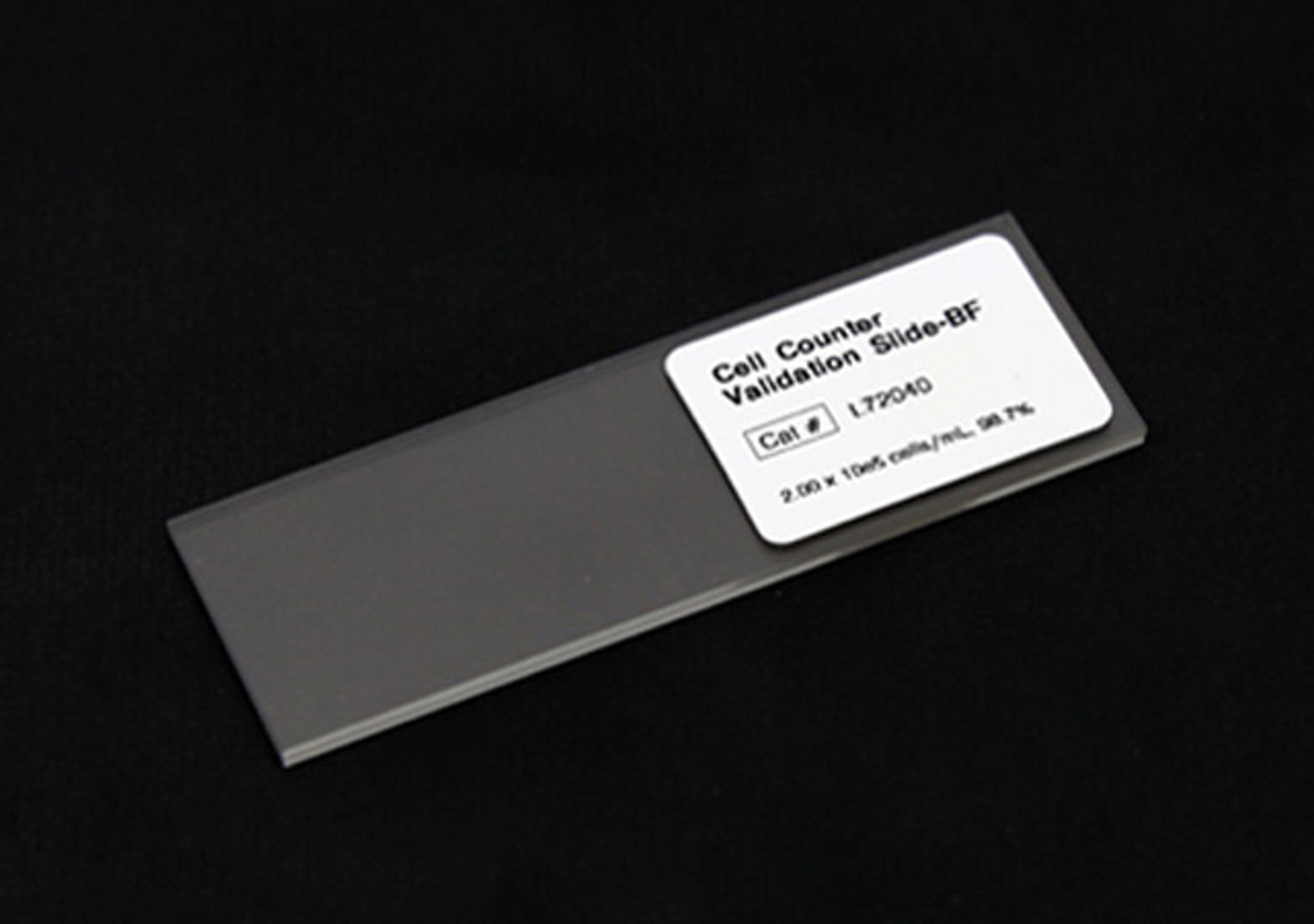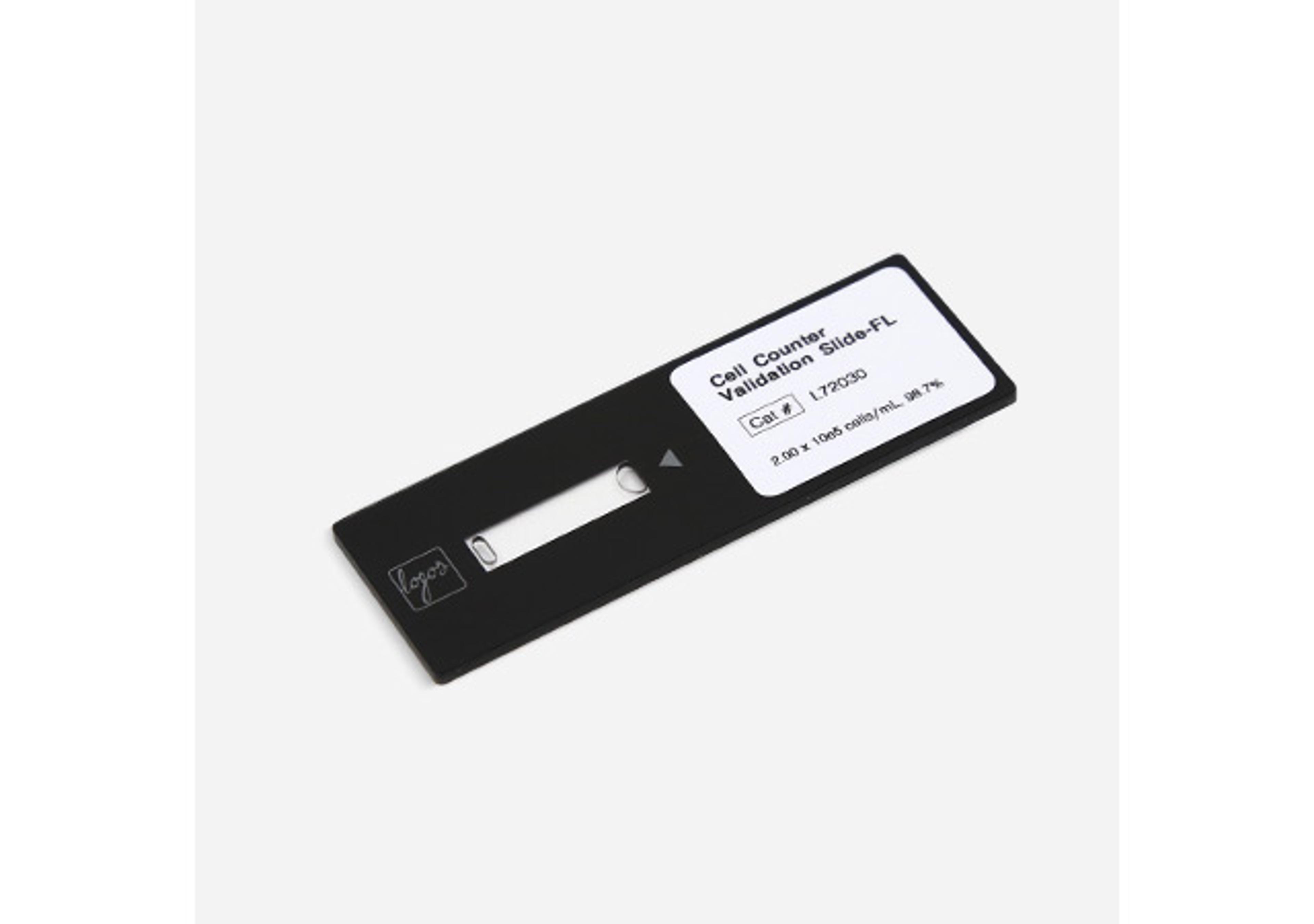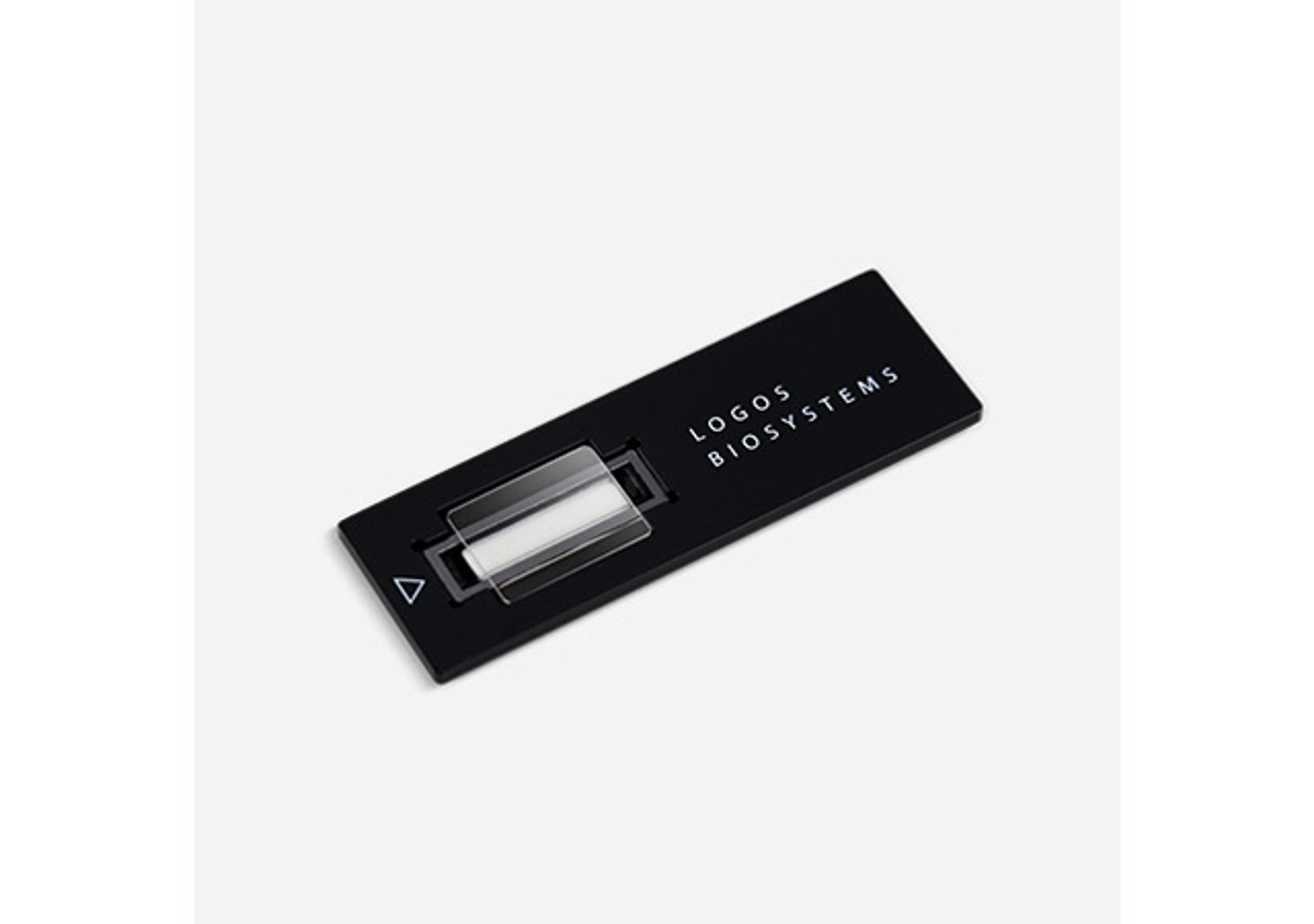Invitrogen™ eBioscience™ Human Regulatory T Cell Staining Kit #2
The Human Regulatory T cell Staining Kit #1 contains all of the buffers and monoclonal antibodies for CD4, CD25, and Foxp3 necessary to successfully stain and identify regulatory T cells from human peripheral blood cells. The kit contains the following labeled monoclonal antibodies sufficient for 25 tests: eZFluor™ Anti-Human CD4 FITC and CD25 PE Cocktail (clones RPA-T4 and BC96), Anti-Human Foxp3 APC (clone PCH101) Rat IgG2a…

The supplier does not provide quotations for this product through SelectScience. You can search for similar products in our Product Directory.
The Human Regulatory T cell Staining Kit #1 contains all of the buffers and monoclonal antibodies for CD4, CD25, and Foxp3 necessary to successfully stain and identify regulatory T cells from human peripheral blood cells. The kit contains the following labeled monoclonal antibodies sufficient for 25 tests: eZFluor™ Anti-Human CD4 FITC and CD25 PE Cocktail (clones RPA-T4 and BC96), Anti-Human Foxp3 APC (clone PCH101) Rat IgG2a K Isotype Control APC.
The CD 4 monoclonal antibody (RPA-T4) reacts with human CD4, a 59 kDa glycoprotein found on the surface of the majority of thymocytes, a subset of mature T cells (T helper cells), and at lower levels on monocytes. The CD25 monoclonal antibody (BC96) reacts with human CD25 (also known as interleukin-2 receptor alpha, IL-2R alpha), a 55 kDa surface protein expressed by early progenitors of T cells and B cells, by mature, activated T cells and B cells, and at constitutively high levels on regulatory T cells. The Foxp3 monoclonal antibody (PCH101) reacts with the amino terminus of human Foxp3 also known as FORKHEAD BOX P3, SCURFIN, and JM2. Foxp3 is a 49-55 kDa protein and a member of the forkhead/winged-helix family of transcription factors. It was identified as the gene responsible for the X-linked lymphoproliferative disease observed in scurfy (sf) mice and in the human disorder, X-linked autoimmunity-allergic dysregulation syndrome (XLAAD). Constitutive expression of Foxp3 mRNA has been shown in CD4+CD25+ regulatory T cells (Treg), and ectopic expression of Foxp3 in CD4+CD25- cells imparts a Treg phenotype in these cells




